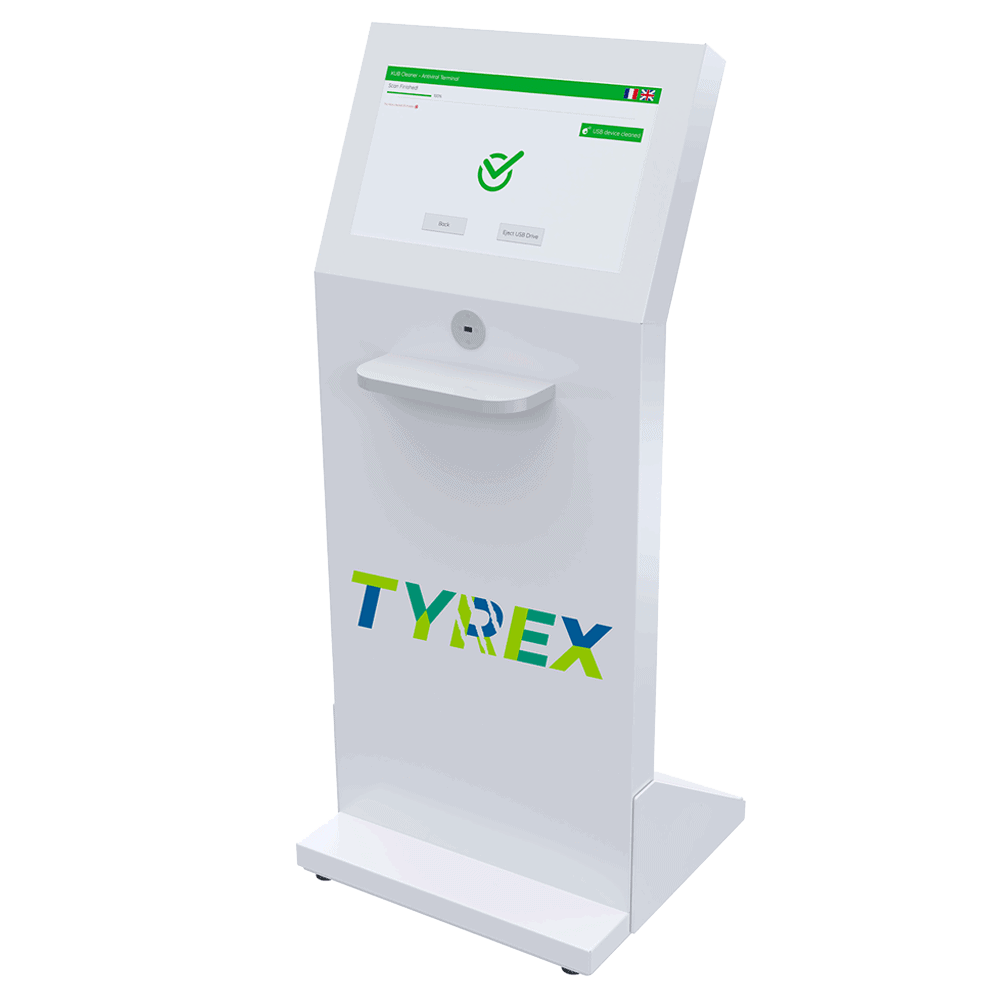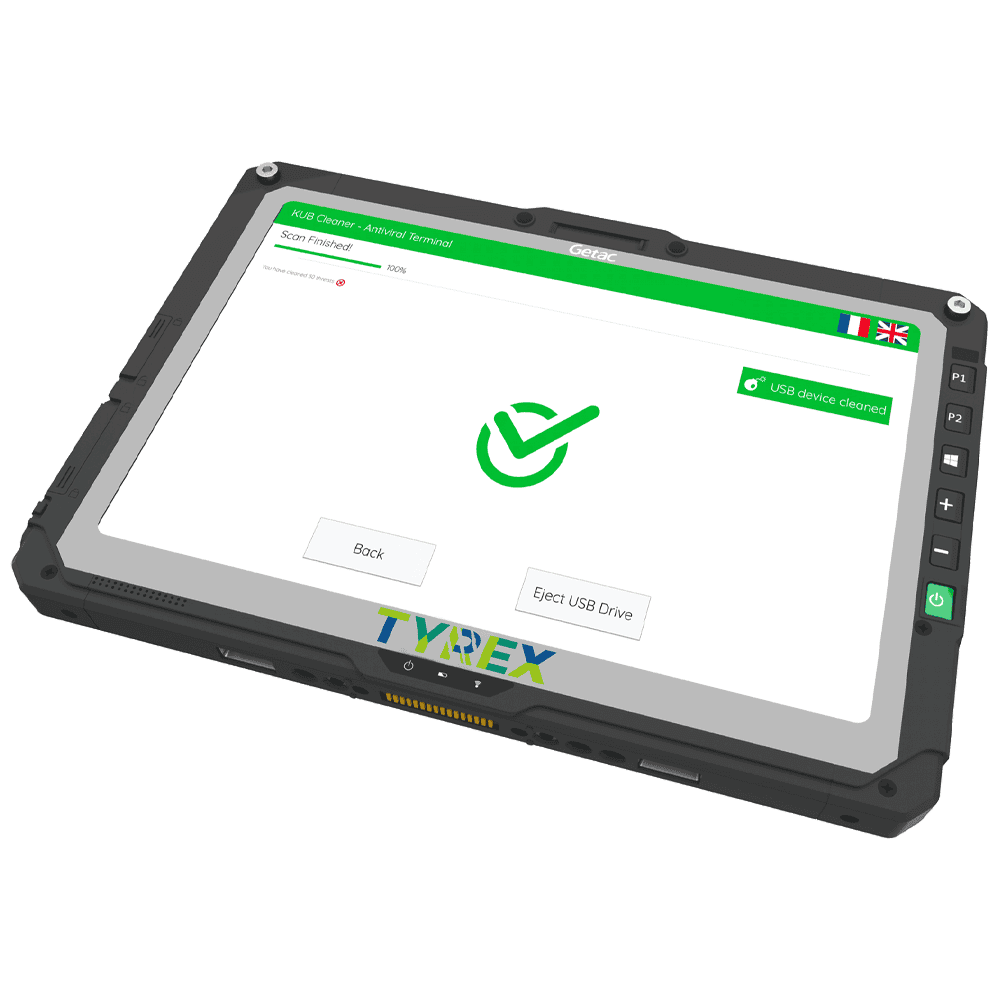Maritime cybersecurity protects ships, ports, and offshore installations from cyber threats that can disrupt global trade worth £3.2 trillion annually. With 90% of world trade transported by sea, securing maritime infrastructure is critical for economic stability.
Protecting Global Trade Routes
The maritime industry faces escalating cyber threats targeting vessel navigation systems, port operations, and offshore installations. Modern ships rely heavily on interconnected digital systems for navigation, cargo management, and engine control, creating multiple attack surfaces that malicious actors increasingly exploit.
Unique Maritime Security Challenges
Remote Operations Environment
Vessels operate in remote oceanic environments with limited connectivity, making real-time security updates and incident response extremely challenging. Ships may spend weeks at sea without reliable internet access, creating vulnerability windows.
Legacy System Integration
Maritime operations combine decades-old mechanical systems with modern digital controls. This hybrid environment creates complex security challenges where traditional cybersecurity tools cannot operate effectively.
Regulatory Complexity
Ships crossing international waters must comply with multiple cybersecurity frameworks, including IMO Resolution MSC.428(98), US Coast Guard regulations, and various port state requirements.






Maritime Cyber Threat Landscape
Lloyd’s of London estimates maritime cyber incidents costs the shipping industry over £2.8 billion annually. Recent intelligence from the UK’s National Maritime Information Centre indicates:
- 247% increase in GPS spoofing attacks against commercial vessels since 2022
- Average port downtime of 72 hours following successful cyber attacks
- £12.4 million average cost per incident for major shipping operators
Maritime Security Success
A major UK shipping company prevented a potential £15 million ransomware attack by implementing comprehensive maritime usb cybersecurity measures. Their approach included hardware-based USB scanning at all vessel and shore-based entry points, preventing malware from reaching critical navigation and engine control systems.
The Unmatched Power of TYREX: Measurable Success
Critical Maritime Cyber Attack Vectors
Navigation System Vulnerabilities
Electronic Chart Display and Information Systems (ECDIS), GPS, and radar systems face increasingly sophisticated attacks. Malicious actors can manipulate navigation data, potentially causing collisions, groundings, or piracy incidents.
Port Infrastructure Targeting
Container terminals, cargo handling systems, and port management networks represent high-value targets. Successful attacks can disrupt entire supply chains, causing economic damage far exceeding initial ransom demands.
Removable Media Risks
USB devices and portable media represent the highest risk vector for maritime environments. Port agents, surveyors, and maintenance crews regularly introduce external media containing charts, software updates, or diagnostic tools.
Get a confidential vulnerability assessment from our maritime security experts.
K-REX Console
The CONSOLE can be placed on a desk, which makes it convenient for any standard work environment. This USB media decontamination solution protects your critical infrastructures from cyber threats.
Features
- Available in 4G, 5G, WiFi, wired and offline
- 10 inch HD screen
- Weight: 12kg

K-REX Totem
The TOTEM can be positionned on the floor, at the entrance of reception halls or in any public areas. This USB decontamination solution comprises a small platform to hold your hard drive during the antivirus scan.
Features
- Available in 4G, 5G, WiFi, wired and offline
- 24 inch HD screen
- Weight: 54kg

K-REX Satallite
The SATELLITE USB decontamination station can be hung on a wall. It is particularly adapted to confined spaces such as ships or meeting rooms. With 5 anti-virus and 2 anti-malware running simultaneously, the SATELLITE is able to scan and clean your USB devices and prevent cyber threats or viruses from spreading through your information system.
Features
- Available in 4G, 5G, WiFi, wired and offline
- 7 inch HD screen
- Weight: 6kg

K-REX Mobile
The MOBILE is a movable USB decontamination station. Ruggedized with the MIL-STD-810G and ATEX military standards, it is designed for environments requiring mobility. With up to 5 antivirus and 2 optional anti-malware scanners running simultaneously, it is able to scan any USB or removable devices and prevent malwares or viruses from spreading through your information system.
Features
- Available in 4G, 5G, WiFi, wired, offline and ATEX versions
- 10 inch HD screen
- Weight: 1.3kg

Secure Your Agency’s Critical Data Today
Protecting the UK’s government and defence data from USB-borne threats requires a dedicated, robust, and physical solution. Software alone is no longer enough. Tyrex provides the military-grade hardware, specialised expertise, and certified assurance needed to secure your organisation’s most sensitive digital assets.
Comprehensive
Maritime Cybersecurity Solutions
Vessel-Based Security Systems:
Compact, wall-mounted USB decontamination stations designed for confined ship environments provide robust protection without compromising limited bridge space. These systems operate reliably in harsh maritime conditions including salt spray, vibration, and extreme temperatures.
Port Facility Protection:
High-capacity scanning stations handle the volume of external media introduced by port operations. Multi-engine scanning technology detects both known and unknown threats before they can spread to cargo management or terminal operating systems.
Regulatory Compliance for Maritime Operations
IMO Cybersecurity Guidelines
The International Maritime Organisation required ships to incorporate cybersecurity into their safety management systems by 2021. This includes specific requirements for managing removable media risks.
US Coast Guard Cybersecurity Framework
Vessels calling at US ports must demonstrate compliance with Coast Guard cybersecurity requirements, including evidence of robust USB and removable media controls.
Port State Control Requirements
Various maritime authorities now inspect vessel cybersecurity measures during port state control examinations, making compliance demonstration essential for operational continuity.
Navigation System Protection
- Isolated networks for critical navigation equipment
- Hardware-based USB scanning for chart and software updates
- Regular backup systems for essential navigation data
Communication Security
- Encrypted satellite communications for shore-to-ship data transfer
- Secure email systems with advanced threat protection
- Protected voice over IP systems for operational communications
Cargo and Engine Control Security
- Network segmentation between cargo management and navigation systems
- Application whitelisting on control system computers
- Physical security controls for engine room computer systems
Port Interface Management
- Secure data exchange protocols for port authority communications
- Protected systems for customs and immigration data transfer
- Isolated networks for cargo loading and manifesting systems
TYREX Protection in Numbers
Latest From The Blog.
 Why USB Devices Remain One of the Biggest Hidden Cyber Threats
Why USB Devices Remain One of the Biggest Hidden Cyber Threats
 Cybersecurity and Resilience Bill: Safeguarding the UK’s Digital Future
Cybersecurity and Resilience Bill: Safeguarding the UK’s Digital Future
Cybersecurity and Resilience Bill: Safeguarding the UK’s Digital Future
 5 of the Worst Ransomware Attacks and How USB Hygiene Could Have Helped
5 of the Worst Ransomware Attacks and How USB Hygiene Could Have Helped
5 of the Worst Ransomware Attacks and How USB Hygiene Could Have Helped
Offshore and Energy Sector Applications
Floating Production Storage and Offloading (FPSO) Units
These critical assets require specialised cybersecurity approaches that address both maritime and industrial control system requirements whilst operating in remote oceanic environments.
Offshore Wind and Renewable Energy
Maritime renewable energy installations face unique cybersecurity challenges combining vessel operations with critical infrastructure protection requirements.
Maritime Support Vessels
Supply vessels, anchor handling tugs, and construction vessels require cybersecurity solutions that accommodate their dual role supporting both maritime and offshore energy operations.
Secure Your Maritime Operations
Maritime cybersecurity is essential for protecting global trade, ensuring crew safety, and maintaining regulatory compliance. Our military-grade solutions are specifically designed for the challenging maritime environment, providing reliable protection without compromising operational efficiency.
Maritime cyber attacks have increased 247% since 2022. Contact our maritime cybersecurity specialists today for a confidential security assessment and discover how leading UK maritime operators are staying protected.
